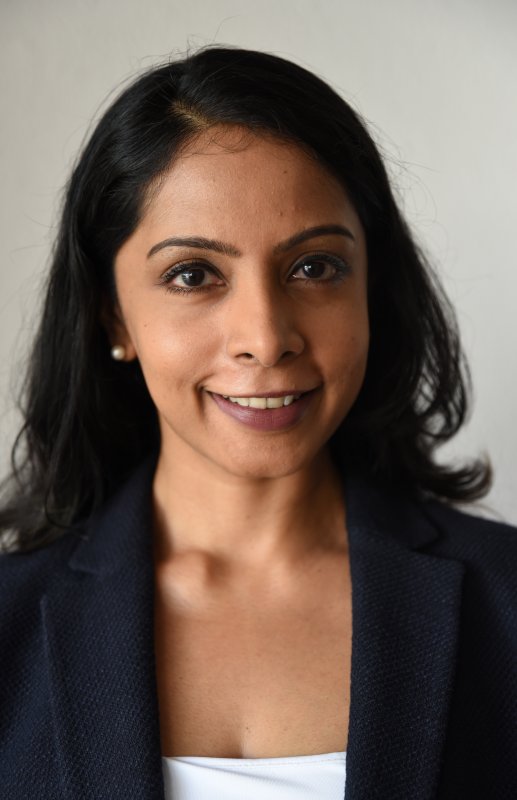
IMISCOE is as an organization primarily of migration scholars in Europe. In recent years, it has started globalising its network to include institutions in Canada, Australia and Egypt. This is a welcome move and should be further expanded to incorporate scholars and research from less represented parts of the world. With calls for decolonizing migration studies not just in terms of epistemology but also institutional structures, IMISCOE as the premier institute for migration could be a leader in instigating change. Here, I speak from my position as a migration scholar from Asia, working primarily on issues of Asian migration. I have been an individual member of the IMISCOE network for some years and regard the social and intellectual spaces that IMISCOE has created as important to my own development as a scholar.
Further expansion of the IMISCOE network could be done through establishing non-European regional chapters or affiliates and organising joint conferences and workshops on topics of mutual interest. These initiatives, especially if taking place outside Europe or online, would allow more inclusive participation and networking that would not be as dependent on fickle border and visa regimes. IMISCOE could also establish collaborative research projects that involve equitable partnerships in conceptualization and execution and facilitate exchange programmes and scholarships to encourage mobility of researchers between institutions within the continent and outside Europe. Actively soliciting researchers from outside Europe for scholarly contributions and executive roles would also bring greater visibility to transnational inequalities and encourage cross-regional comparisons, which are imperative for understanding migration as a planetary phenomenon. Some of these practices already exist within IMISCOE, for instance through the regional reader series that draws authors from different parts of the world. Making these efforts a central part of the organisation’s mission would communicate the importance of building such connections.
There are, however, practical considerations to take into account. National variations in terms of per capita GDP that influence access to resources such as funding and as well as visas mean that in establishing connections beyond Europe, careful attention must be paid to inequalities at various scales. The variations between public and private universities are worth taking into consideration. Especially in spaces where English-language proficiency is limited, there is a need to address language diversity by ensuring translations, offering multilingual resources, or partnering with regional organizations and researchers who can bridge the language gap. In undertaking joint projects, sensitive navigation of research ethics and standards across different regions is imperative. Respecting cultural norms, privacy regulations, political and ethical considerations specific to each context are essential in building longer term networks of trust.
These collaborations should be seen as mutually beneficial. The perspectives developed by migration scholars in other parts of the world have potential to animate current debates in Europe and other mainstream zones of academic knowledge production. The incorporation and inclusion of refugee populations is one area in which this could be especially fruitful, given that most nations that host large refugee populations are in Asia and the Middle East.
Migration scholars based in Europe but who conduct research in Asia or Africa have often communicated in interactions with me that they felt peripheral to discussions that take place for example at IMISCOE conferences, where the focus has been on Europe-centric agendas, often driven by policy and governance priorities. This has slowly started to change over the last few years, with plenary speakers who work on Africa, Asia and the United States also taking center stage. However, work needs to be done to shift the balances further. This is the moment to do it.
You can find more of Laavanya’s work at https://dr.ntu.edu.sg/cris/rp/rp00756 and follow her on Twitter: @laavy_k
